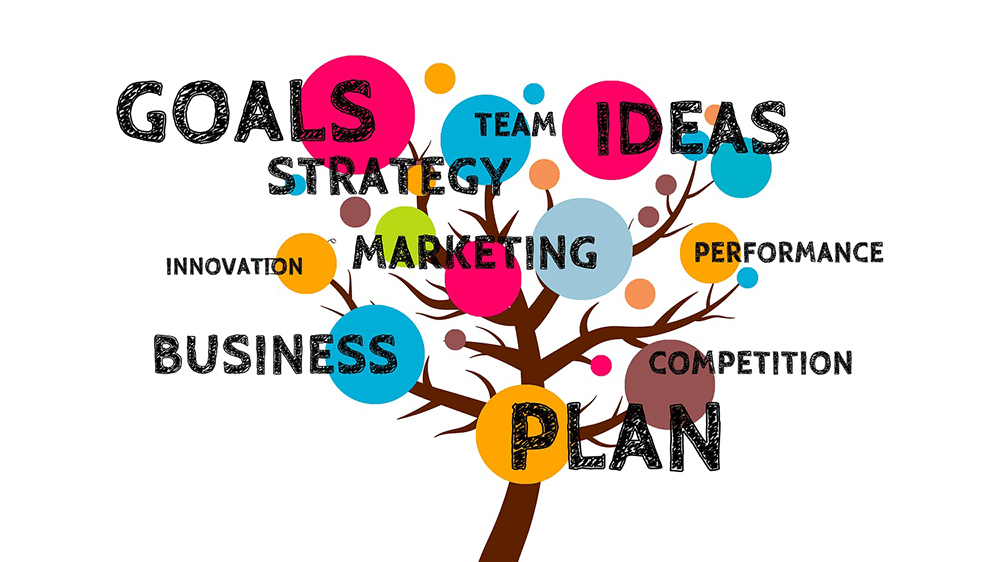by Matthew Eckwahl, PhD
Postdoctoral fellow in the Department of Biochemistry & Molecular Biology
Claire Stevenson Stedden
Graduate student in the Committee on Development, Regeneration and Stem Cell Biology
While Silicon Valley may be the first place people think of for startups, Chicago has rapidly turned into a leading hub of entrepreneurial productivity, ranked as one of the best US cities for new companies. One driving force of this flourishing ecosystem: tech accelerators, designed to help startups quickly become self-sufficient. The University of Chicago’s New Venture Challenge is recognized as among the best in the country; famous businesses birthed here include GrubHub and BrainTree (acquired by PayPal in 2013 for $800 million).
UChicago’s Polsky Center recently put their summer accelerator cohort to the test at Demo Day, a showcase for new business pitches. The event provided a chance for each startup to evaluate how ten weeks of intensive work held up in the eyes of expert judges.
Two groups of this cohort aspire to use science to both make the world a better place and turn a profit. SinkGuard Inc. wants to make hospitals safer, while BTRFY seeks to upcycle food waste into sustainable snacks. Startups like these help drive Chicago’s research ecosystem.
Healthier hospitals
SinkGuard, winner of the audience choice award at Demo Day, intends to reduce hospital acquired infections—a huge health care burden estimated to contribute to 99,000 deaths each year—simply by modifying the sink drains in patients’ rooms.
During hand washing, rinsed-off bacteria fall into the sink drain and stay there. Studies have found that the drains act as reservoirs for the bacteria to grow and spread back into the room.
This is especially concerning for certain types of bacteria, including Pseudomonas and Klebsiella, major problems in the intensive care unit. Studies, including one that inspired Ted Engels, SinkGuard’s founder, show that removing sinks (along with “water-safe” policies like disposing waste water outside patient rooms and using special washcloths instead of water) are effective ways to fight dangerous bacteria.
Why not just clean the sink? Cleaning actually fails to fully eliminate contamination, possibly because the bacteria live deeper in the pipes than disinfecting agents can effectively reach.
This is where Engels’s solution comes in. A recent UChicago alumnus, Engels is developing a first-generation “antimicrobial and self-disinfecting sink drain” that “stops the growth of deadly bacteria.” The drain can be retrofitted onto existing hospital sinks, minimizing the burden and cost of implementation—an added bonus for healthcare systems.
A practical new protein source
In contrast to SinkGuard, BTRFY (pronounced “better-fy”) aims to transform food waste into enticing snacks using fungal fermentation. BTRFY’s CEO, Tyler Huggins, who earned his PhD in civil and environmental engineering at the University of Colorado Boulder, is motivated by the urgent need for more ecofriendly protein sources.
Food waste is a massive problem: more than one-third of all food that’s grown becomes garbage—over 1.3 billion tons per year. The enormous amounts of water and other resources used growing, preparing, and bringing these foods to market exert a tremendous environmental impact, and food rotting in landfills gives rise to vast quantities of greenhouse gasses that threaten our planet.
BTRFY, which was also selected for Argonne’s highly competitive Chain Reaction Innovations program, repurposes the nutrient-rich water left over after brewing beer. Instead of sending this water to costly wastewater treatment, BTRFY feeds brewery water to mycelium—also known as mushroom roots—promoting extremely rapid growth. BTRFY harvests and dries their mycelium “crop” to produce a flour-like product that can be baked into high protein snacks. Their first product, MycoCrisps, is described as having a pleasingly cheesy taste with a “hint of umami.”
While BTRFY’s mycelium reputedly has a fondness for double dark stout, it’s happy to grow on a variety of nutrient sources, including unwanted byproducts from wineries and the dairy industry. “I want my kids to look back in amazement at the stuff we used to throw out,” noted Tyler. BTRFY is proud of its low carbon footprint and aims to make a “tasty snack that is not just better for you, but better for the planet.”
With a global population projected to reach nearly 10 billion by 2050, the world faces a rising demand for protein. Mycelia offer a promising solution: unlike many plant-based foods, they are a complete protein source and can be rapidly and sustainably grown. In fact, one fungal species has the distinction of being the world’s largest organism, so mycelium offers great potential for scalability. “Snacks are only the beginning—just a demonstration of what we’re trying,” Tyler said.
By transforming new startups into viable companies, UChicago accelerators are a key part of Chicago’s burgeoning tech scene. Both Tyler and Ted agree the Polsky Center helped their companies forge ahead. The program provided “amazing support” and “helped to keep us on path and accelerate quickly,” Tyler said. “Getting to interact with the other startups was important and motivated me,” Ted attested.
It will be exciting to see what the future holds for these and other upcoming Chicago companies looking to harness technology to make a difference.




